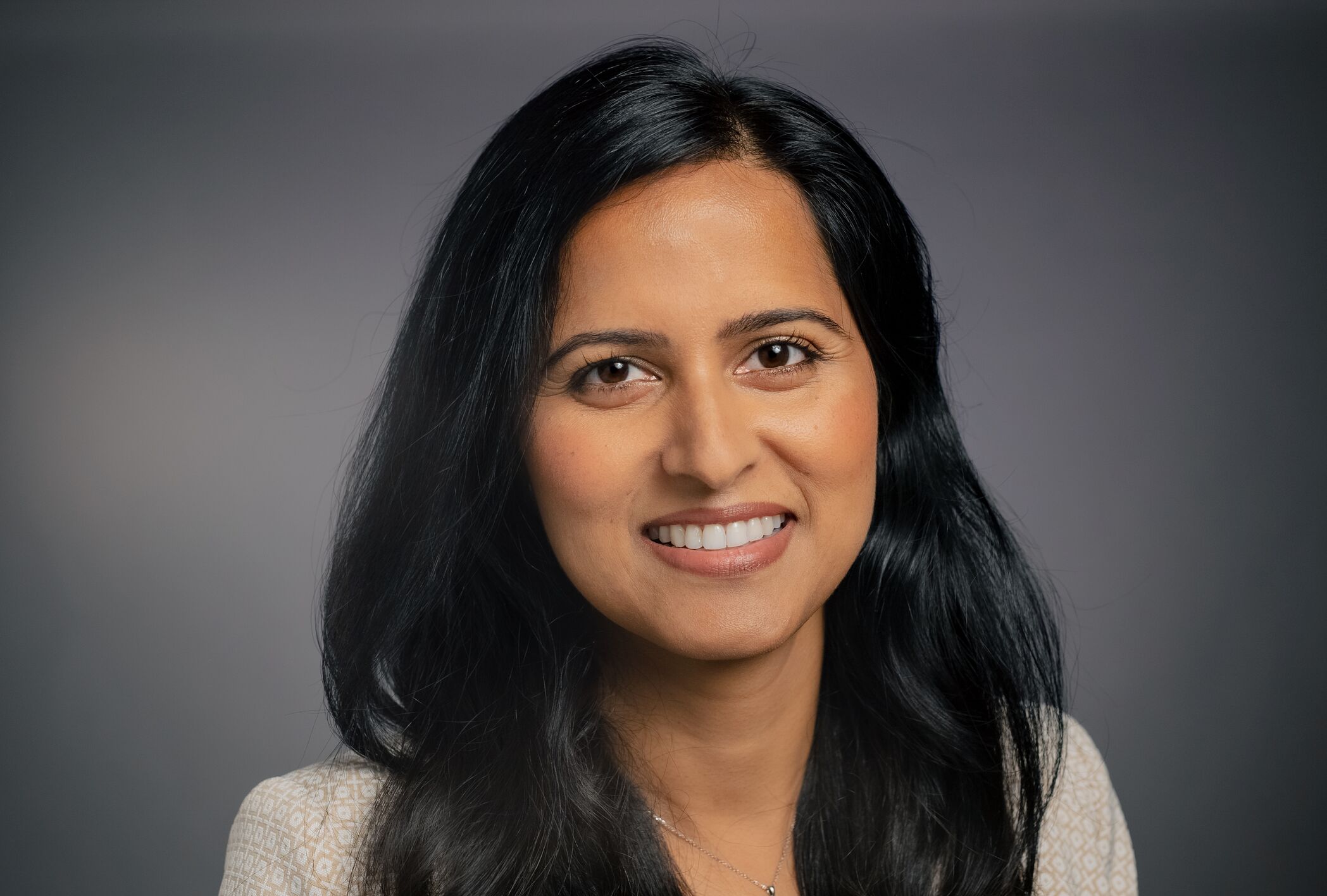Driving Health Equity Through Data and Digital Transformation: Adam Mariano (LexisNexis Risk Solutions) & Sushma Akunuru (Independence Blue Cross)
Focusing on whole-person health and addressing social determinants is critical for achieving equitable and accessible healthcare for all.
In this episode, Adam Mariano, President and GM of Healthcare at LexisNexis Risk Solutions, and Sushma Akunuru, Senior Vice President and CIO at Independence Blue Cross, discuss how their organizations are driving change in healthcare. Adam emphasizes the role of data ecosystems and identity management in improving care access and efficiency, while Sushma highlights Independence Blue Cross’s commitment to whole-person health and digital transformation. They explore the impact of technology on health disparities, stressing the need for partnerships and a balanced approach to digitalization. Adam warns of privacy risks from uncontrolled digitalization, and Sushma underscores the importance of modernization for better service and accessibility.
Tune in and learn why these leaders believe that focusing on social determinants of health and addressing health literacy is key to improving healthcare outcomes!
About Adam Mariano:
Adam Mariano is the GM and President of LexisNexis Healthcare. Adam is a technologist, nurse, and attorney, deeply invested in helping healthcare companies build better, more equitable, and unbiased products and services through intentional product development, open interoperability, and reduced health disparities. He brings extensive clinical, technical, and legal experience spanning 20+ years. Adam's legal work is focused on equal access, civil rights, and immigration.
About Sushma Akunuru:
Sushma Akunuru is a strategic technology leader with expertise in healthcare insurance, wealth management, and banking. As CIO at Independence Blue Cross, she drives digital transformation, modernizing business applications and optimizing IT operations. Previously, she held senior leadership roles at Bank of America and Merrill Lynch, leading wealth management technology and automation strategies. With an MBA from Wharton and a background in computer sciences, she excels in IT strategy, product development, and operational excellence, shaping the future of healthcare and financial services through innovation and digital solutions.
Things You’ll Learn:
80% of clinical outcomes are influenced by factors outside of traditional medical care, like social determinants of health; therefore, a focus on whole-person care and community support is essential for equitable health.
No single entity can solve the complex challenges of healthcare disparities. Collaborations between payers, providers, and technology vendors are essential for creating a connected and equitable healthcare ecosystem.
Digitalization presents both opportunities and risks. While technology can improve access and convenience, the rapid push toward digitalization can exacerbate health disparities if not implemented thoughtfully, especially for vulnerable populations with limited access to technology or health literacy.
Solving large, systemic problems can be easy; healthcare organizations should prioritize achievable improvements to create positive experiences for members.
Telehealth is here to stay. The pandemic accelerated its adoption, which now requires careful consideration to ensure that the service remains available to modern consumers. As things return to normal, virtual healthcare or therapy must remain an option.
Resources:
Connect with and follow Adam Mariano on LinkedIn.
Learn more about LexisNexis Risk Solutions on their LinkedIn, Instagram, and website.
Follow and connect with Sushma Akunuru on LinkedIn.
Discover more about Independence Blue Cross on their LinkedIn, Instagram, and website.
Learn more about this video’s sponsor, UST Health, on their website.



